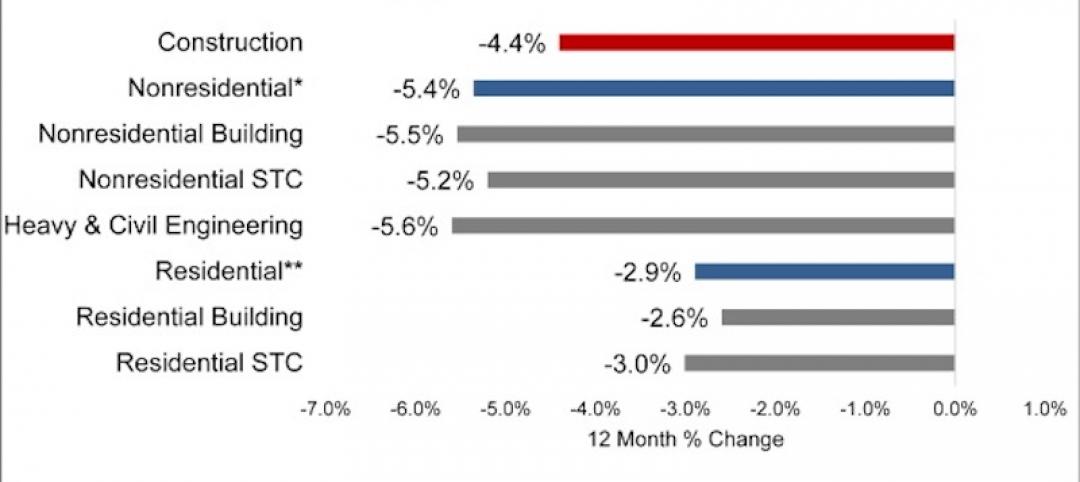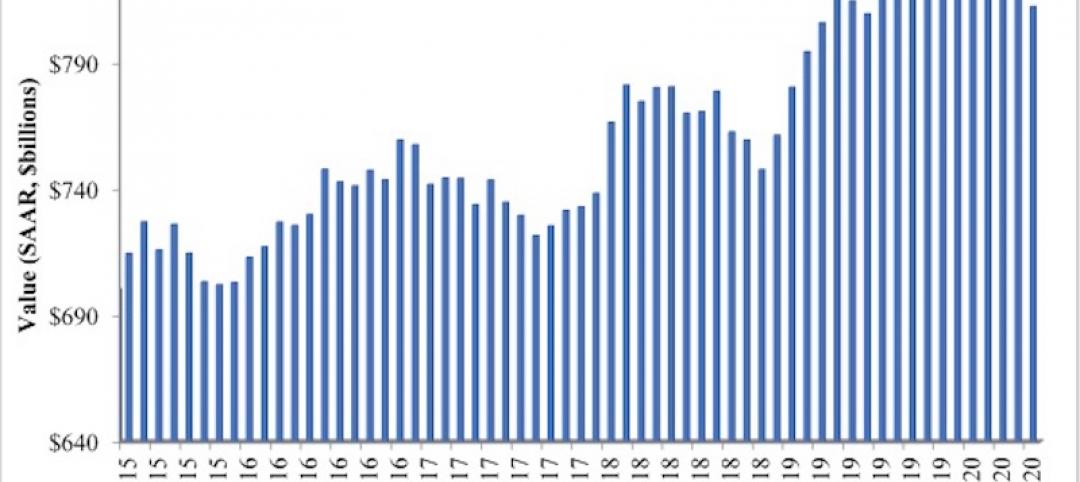The chief executive officer of the Associated General Contractors of America, Stephen E. Sandherr, issued the following statement in reaction to the passage in the House of Representatives today of the Paycheck Protection Program Flexibility Act of 2020:
“Members of the House appreciate that one of the best ways to protect the economy from further harm is to make needed improvements to the federal Paycheck Protection Program. While the loans have helped prevent countless construction layoffs during the past several weeks, their benefits have been limited by several problems that have become apparent since the original program was crafted. These problems include the fact the loans are only supposed to cover an eight-week period, set an unrealistic formula of payroll versus other legitimate expenses and are supposed to mature in two years.
“The House-passed measure corrects many of the problems with the original Paycheck Protection Program by extending the coverage period to 24 weeks, revising the eligibility formula to 60 percent payroll costs and 40 percent non-payroll, extending the maturity period for the loans from two years to five, and allowing loan recipients to defer payroll taxes through the end of 2020. Combined, these improvements will save construction jobs and provide greater relief for many construction firms struggling to survive the COVID-19 pandemic and related economic lockdowns.
“Moving forward, we urge the Senate to quickly pass this vital economic relief measure and the Trump administration to rapidly sign it into law. Any additional delay in improving the Paycheck Protection Program will result in needless new job losses and additional financial hardships for many small, family-owned construction firms.”
Related Stories
Market Data | Jul 7, 2020
Nonresidential construction has recovered 56% of jobs lost since March employment report
Nonresidential construction employment added 74,700 jobs on net in June.
Market Data | Jul 7, 2020
7 must reads for the AEC industry today: July 7, 2020
Construction industry adds 158,000 workers in June and mall owners open micro distribution hubs for e-commerce fulfillment.
Market Data | Jul 6, 2020
Nonresidential construction spending falls modestly in May
Private nonresidential spending declined 2.4% in May and public nonresidential construction spending increased 1.2%.
Market Data | Jul 6, 2020
Construction industry adds 158,000 workers in June but infrastructure jobs decline
Gains in June are concentrated in homebuilding as state and local governments postpone or cancel roads and other projects in face of looming budget deficits.
Market Data | Jul 6, 2020
5 must reads for the AEC industry today: July 6, 2020
Demand growth for mass timber components and office demand has increased as workers return.
Market Data | Jul 2, 2020
Fall in US construction spending in May shows weakness of country’s construction industry, says GlobalData
Dariana Tani, Economist at GlobalData, a leading data and analytics company, offers her view on the situation
Market Data | Jul 2, 2020
6 must reads for the AEC industry today: July 2, 2020
Construction spending declines 2.1% in May and how physical spaces may adapt to a post-COVID world.
Market Data | Jul 1, 2020
Construction spending declines 2.1% in May as drop in private work outweighs public pickup
Federal infrastructure measure can help offset private-sector demand that is likely to remain below pre-coronavirus levels amid economic uncertainty.
Market Data | Jul 1, 2020
7 must reads for the AEC industry today: July 1, 2020
Facebook to build $800 million data center and 329 metro areas added construction jobs in May.
Market Data | Jun 30, 2020
AIA releases strategies and illustrations for reducing risk of COVID-19 in senior living communities
Resources were developed as part of AIA’s “Reopening America: Strategies for Safer Buildings” initiative.

















